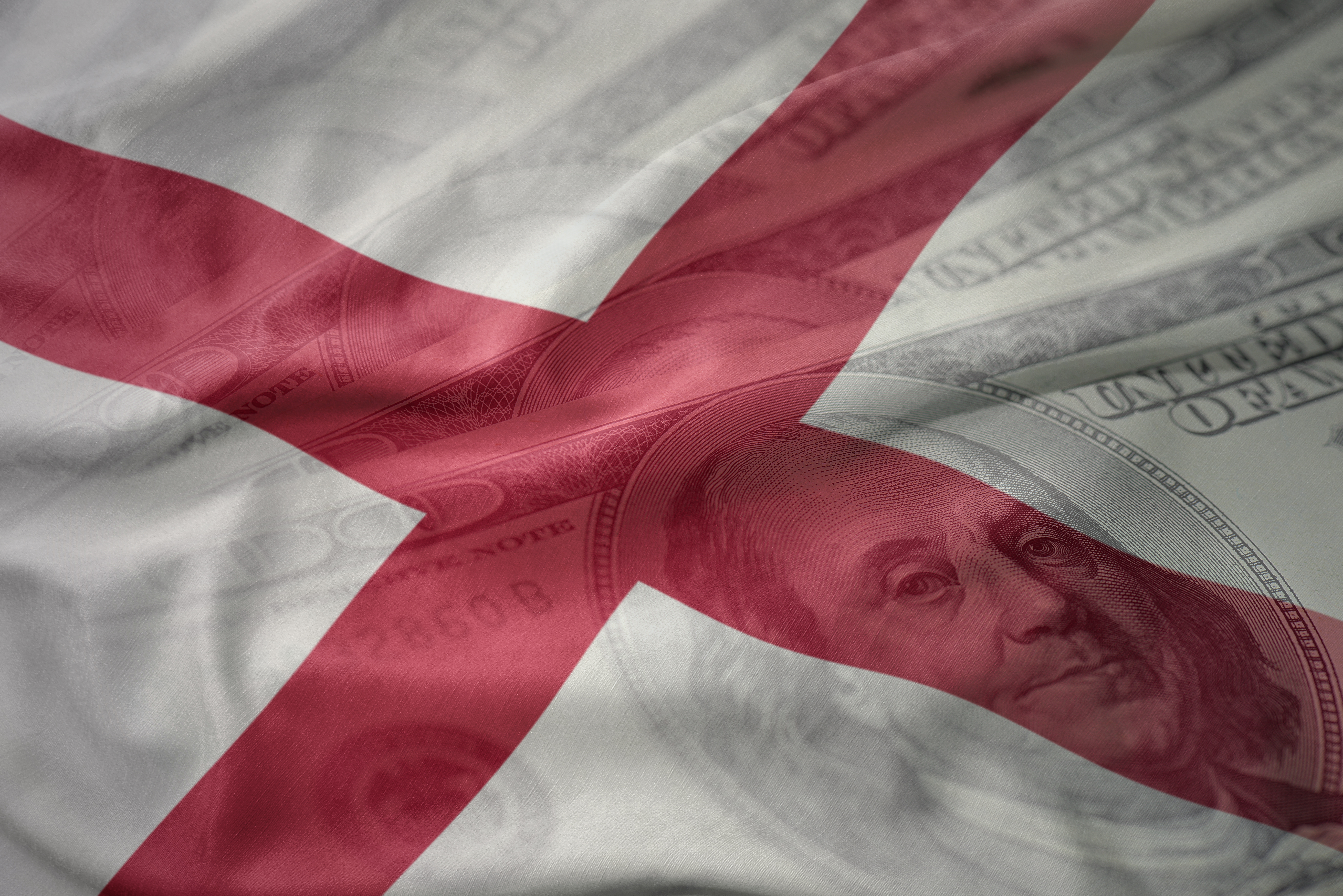|
Getting your Trinity Audio player ready...
|
A recent report by the Public Affairs Research Council of Alabama (PARCA) shows that Alabama continues to collect less taxes per capita than most any state in America.
Alabama trails only Tennessee in collections per capita, if the state lottery is not included. With the state lottery revenue factored in, Tennessee moves ahead of Alabama.
The PARCA report reveals this is in part due to a smaller tax base— Alabama has the fifth smallest tax base in the U.S. But low tax rates drop the state all the way to the bottom of tax collections.
This is driven primarily by Alabama’s lowest-per-capita property tax collections in the nation.
Low property taxes benefit homeowners and owners of agricultural and timberland but present a challenge to local governments and schools needing to pay for adequate services. Across the country, property taxes provide a greater share of revenue and a more stable source of revenue. In Alabama, state and local governments are forced to rely on more volatile alternatives. The state’s aversion to property taxes, protected by the Alabama Constitution, leads to imbalance and inadequacy.
The state instead relies on sales tax, charging the highest sales tax rates in the country.
Though Alabama’s sales tax rates are among the nation’s highest, many services are not taxed, and wealth is lower. Thus, revenue from the sales tax is about average for the U.S.
Alabama is one of only three states that applies the full rate of state and local sales taxes to groceries without an offset. Because those with lower incomes spend a greater share of income on necessities covered by the sales tax, state and local taxes take a larger share of their income.
Alabama lawmakers are currently considering legislation to end the statewide grocery tax, which has long been advocated for by Democrats but has recently gained traction with Republicans as well. The question is how the state will replace the revenue, which is estimated to be around $600 million.
Sen. Merika Coleman, D-Birmingham, has announced the details of her bill to eliminate the grocery tax, and would offset the cost by eliminating the Federal Income Tax reduction in the state.
Alabama is the only state that allows taxpayers to completely deduct federal income taxes when calculating state taxes, a tax break that disproportionately benefits upper-income earners. Other states that had this provision, like Iowa and Louisiana, have repealed it.
Alabama Arise estimated eliminating the provision would save about $900 million a year, and only the highest earners, the top 10 percent, would see a net loss when factoring in the savings on grocery taxes.
Alabama’s income tax is essentially flat, with the top rate of 5 percent applied to an individual’s taxable income over $3,000.
Alabama requires families in poverty to pay income taxes. No other state sets a lower threshold for paying income taxes than Alabama.
In most states, the income tax is used to provide some balance for the regressive effects of other taxes, providing credits to low-income households to offset sales taxes, for instance. Not in Alabama.
In two categories, Alabama ranks in the top 10 for per capita collections: alcoholic beverages and public utility taxes.














































